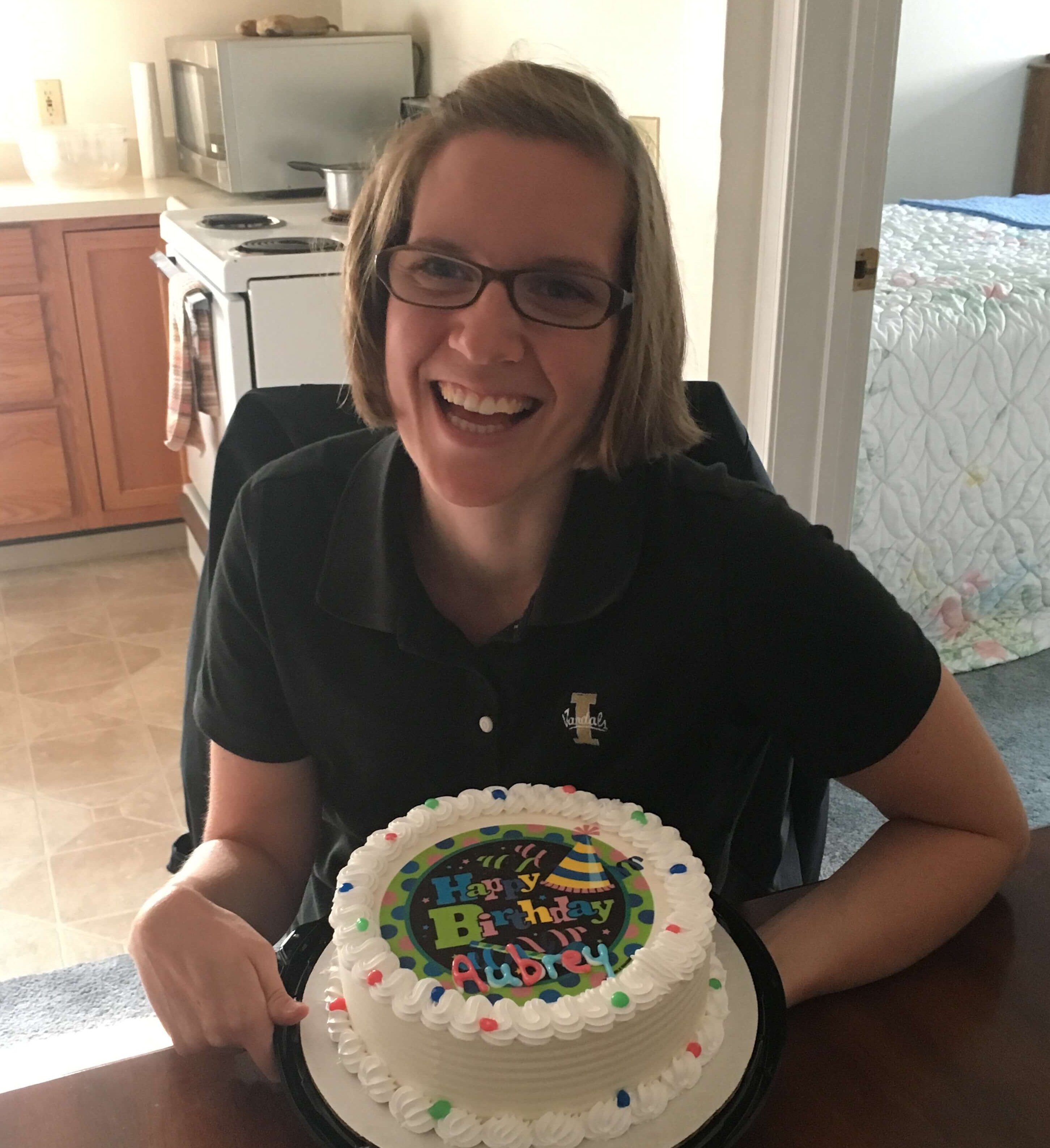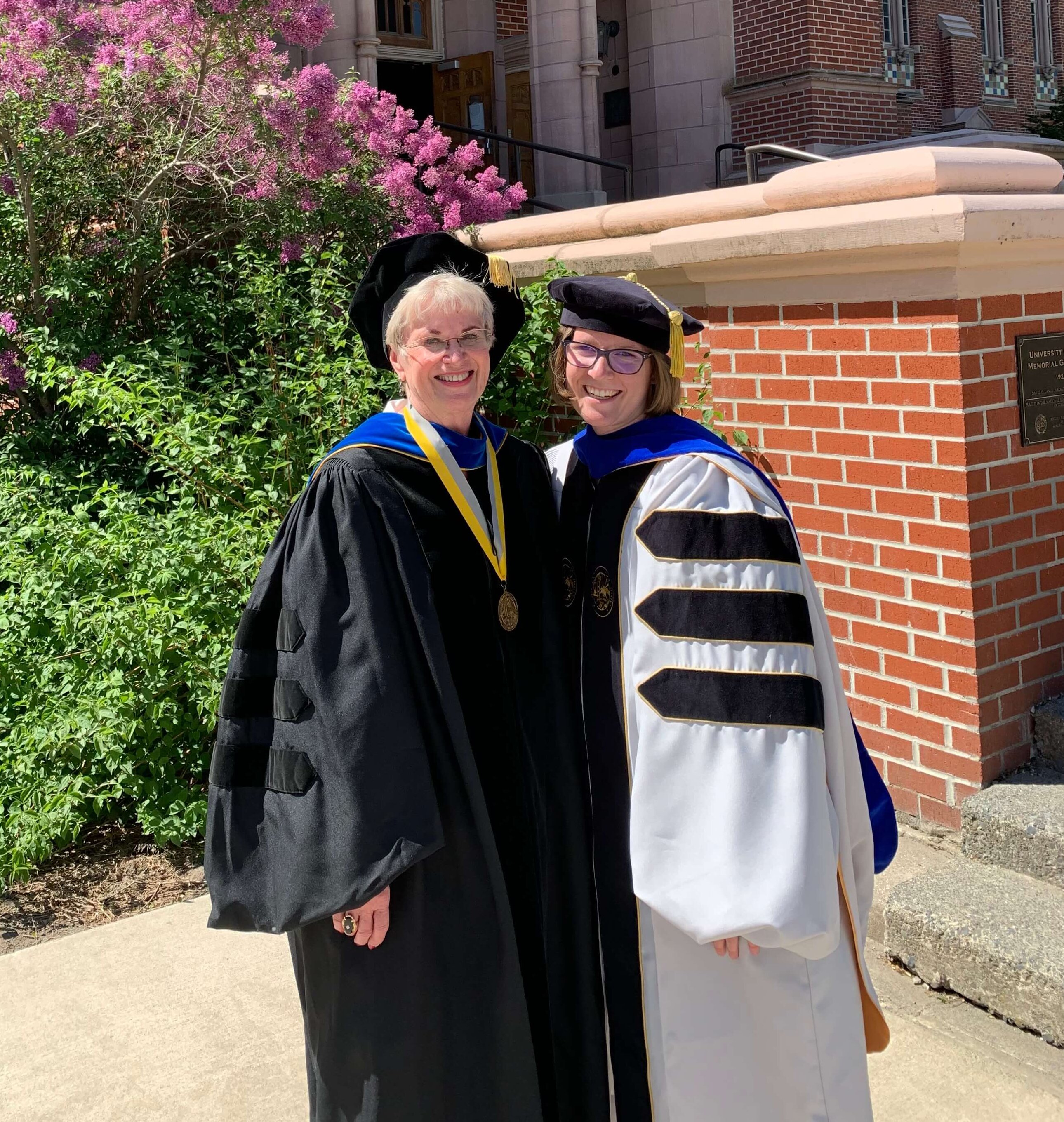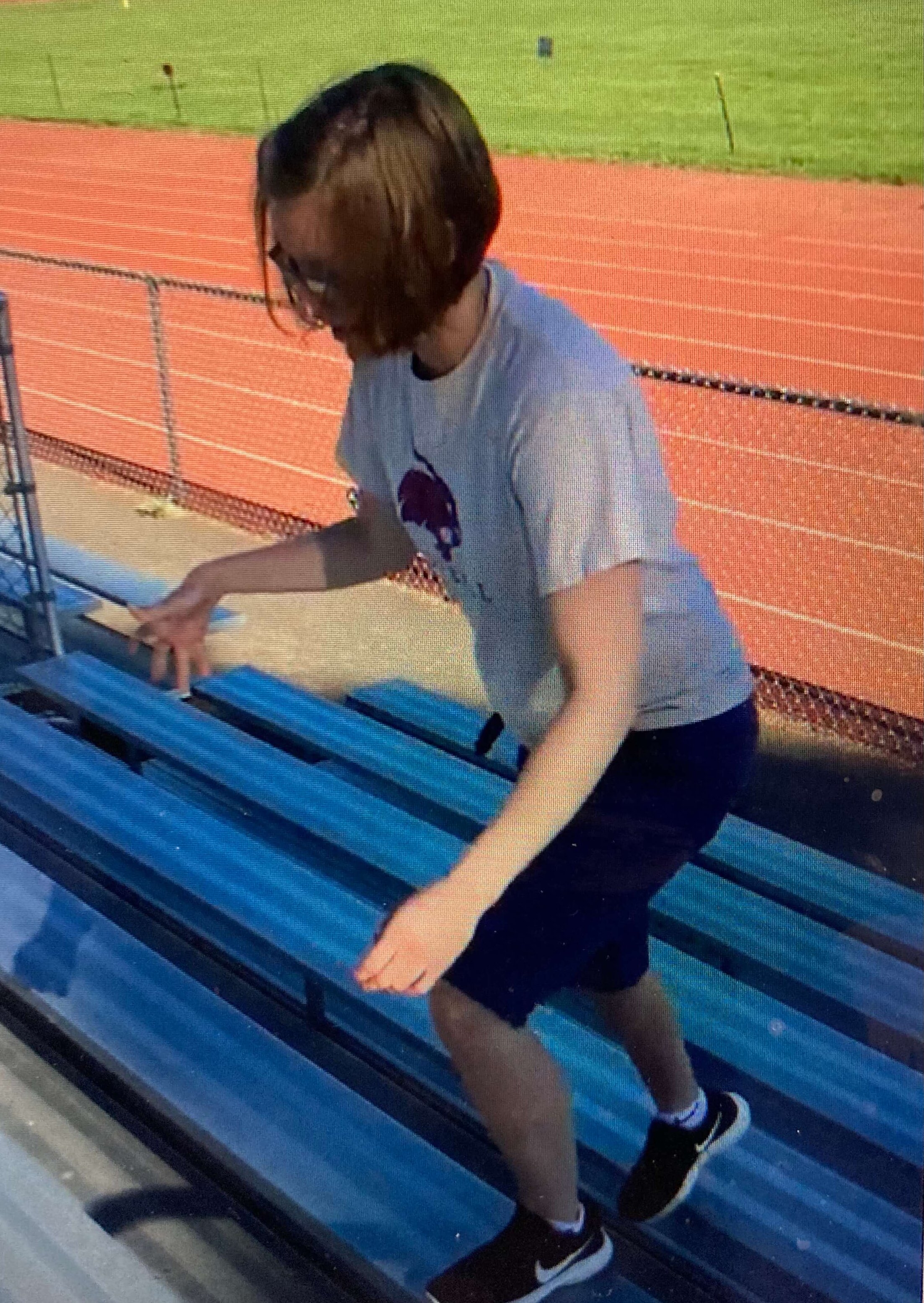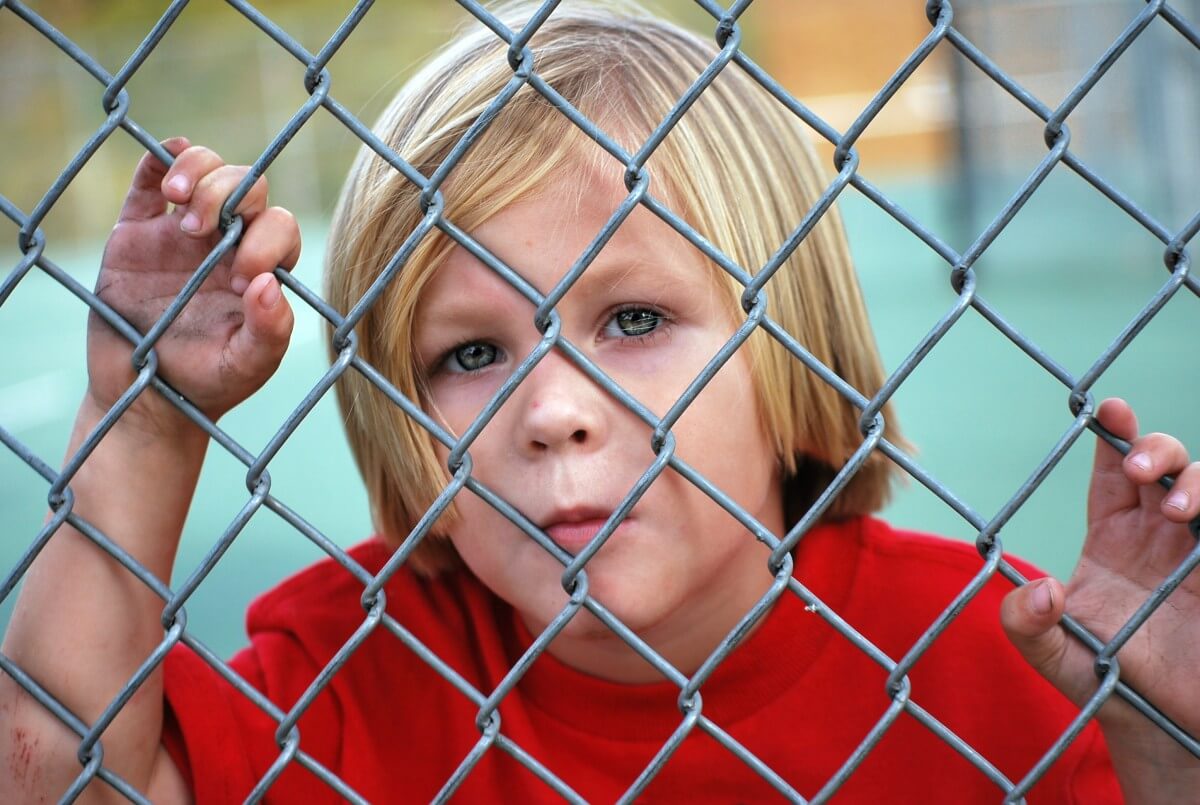(Article 5 of 5)
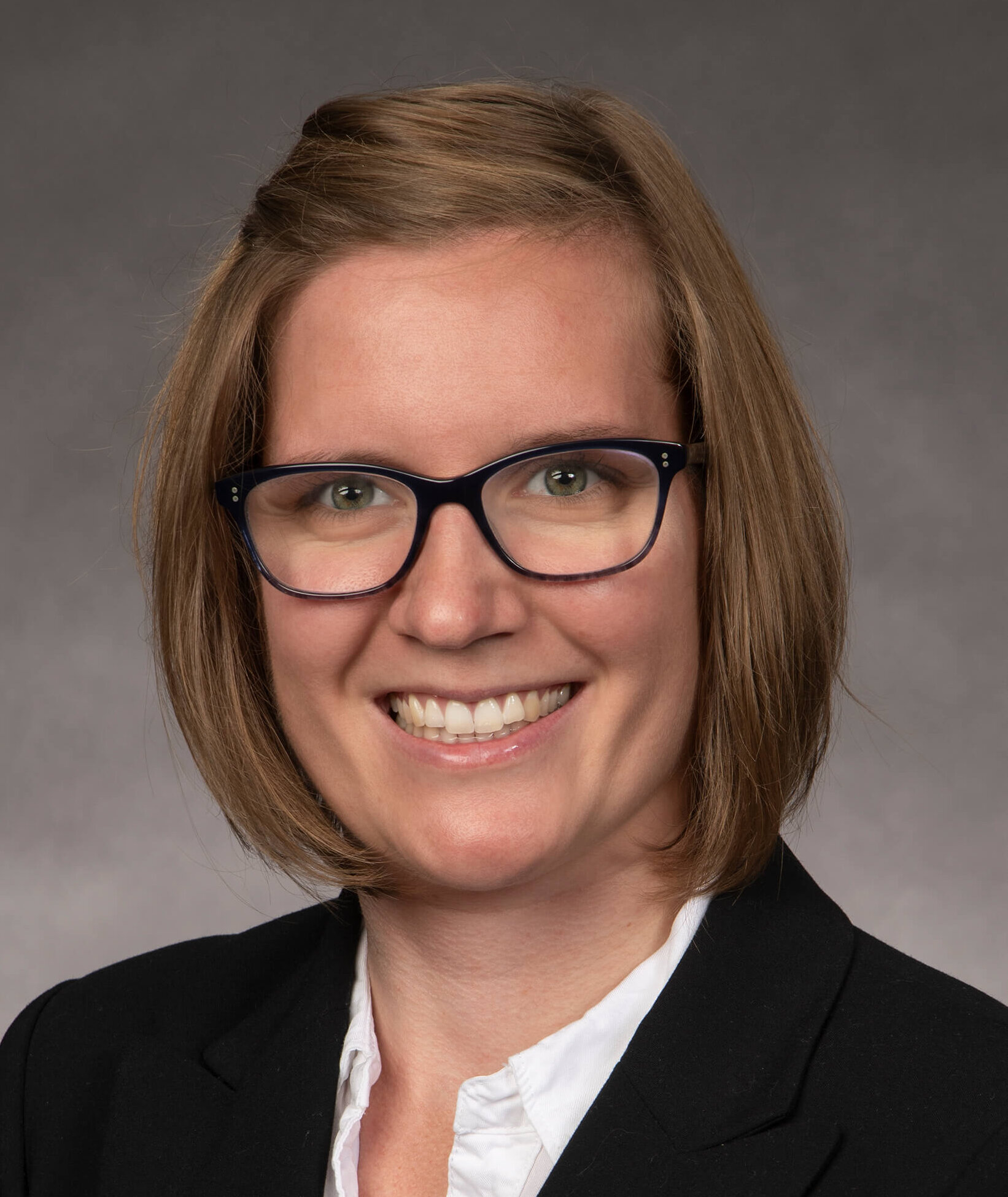
People with physical disabilities hold limited positions as scholars, teachers, or leaders in physical education, recreation, and sport. Perhaps the reason is that the field is flooded with able-bodied people who think they know best. But do they? Michael Oliver, imminent writer, and scholar argued that people with physical disabilities should be the only ones in the field of disability studies because they have a bodily experience with disabilities. The following five-part article series shares the perspective of a scholar in the field of disability sports who has her own physical limitations. In each article, she discusses a different issue a person with a physical disability faces in the profession of physical education, recreation, and sport.
Part V: Just Talk to Me
